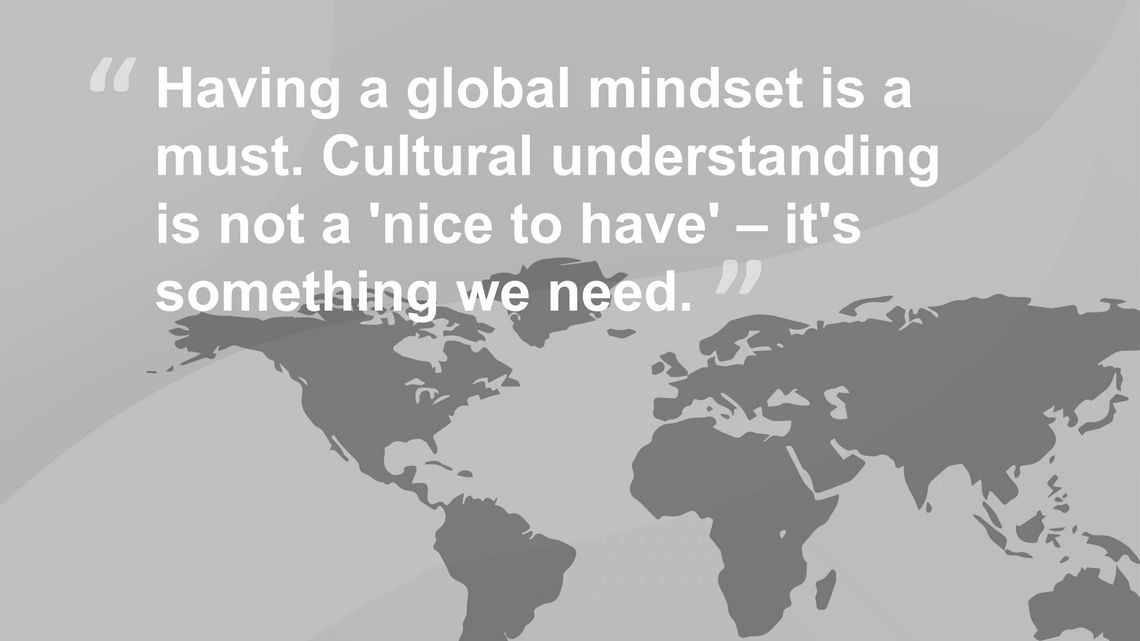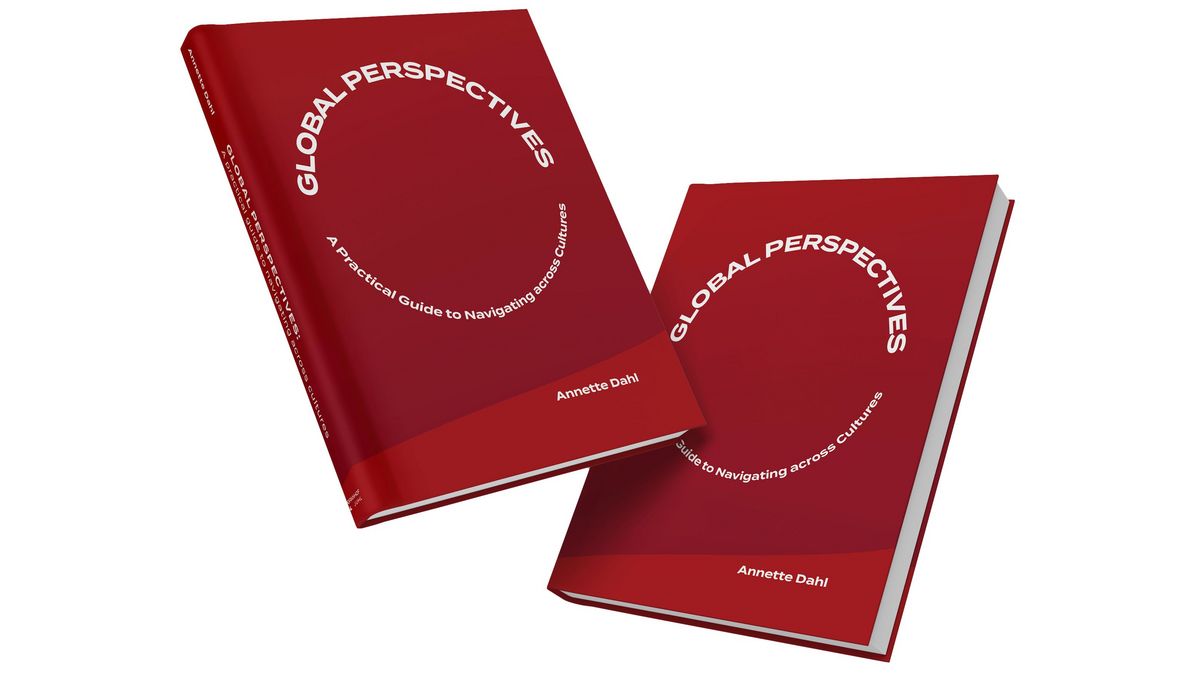
5 Questions with Max Lehmann, Project Leader, Vestas
We've asked Max Lehmann from Vestas 5 questions about his experience with global communication and collaboration.
Max works on international projects with diverse stakeholders.
After more than 15 years of working globally, cross-cultural communication has become second nature for him.
1. Which company do you work for, and which global activities does your company have?
I work for Vestas in Denmark. We manufacture wind turbines and are a global company with approximately 24,000 employees.
I work with Technology Transfer Projects & Training, where our main task is to develop new products and factories globally.
2. What is your job and which tasks involving collaboration across countries / cultures do you have?
I'm a project manager for developing new factories and upgrading existing factories to new products. We have production in 12 different countries, so my work area is primarily outside Denmark. At the moment I am working in Russia, but I've also been working a lot in China, Spain, Italy, the US and Brazil.
My main task is to train both white-collar and blue-collar employees for new processes and for the equipment we are going to use in the facility to ensure that we have a smooth production start.
I am involved in the whole training project, and that means I communicate with everybody: the factory manager, our suppliers, our sub-suppliers, the construction people who are helping build the new factory, the employees in the foreign country, and the employees who are going to support from Denmark or from other factories all over the world.
3. Is having a global mindset important in your job?
That is a must. At Vestas, we don't say that cultural understanding is a 'nice to have' – it's something we need.
Having a global mindset is broader than just learning about different cultures. Of course, cultural understanding is essential for having the best communication, but you also have to have the mindset that you're dealing with different people, especially as a project manager.
You have so many stakeholders: they're from two, three, maybe even four different countries, and that's a challenge you need to be aware of and keep in mind all the time.
In different countries, there are levels of hierarchy that impact how we manage a project, delegate responsibility, and communicate.
One example is a project I'm working on in Russia, where we have Spanish people, Indian people, Danish people, all coming to Russia to support us, and I'm also communicating with the construction people in Russia. We have a lot of people involved, and it can be quite a puzzle. Hierarchy, for example, is a lot different in Russia than it is in Denmark – or in Spain for that matter.
Our cultural trainings are mainly focused on our employees, but we also try to invite our suppliers because they are in very close connection with us and we want to make sure that they also gain the same understanding.
Without cultural understanding, you might fall into some holes you can't get out of again, so we try to make sure we have a background to deal with problems before they appear.
4. How do you use cultural tools or methods from C3 Consulting in your day-to-day work?
I've been to cultural training many times because I've had to work with so many different countries.
The most important part for me is the business culture, but I think the background understanding, why people are acting and reacting like they do, is also important to look at.
It's not only about the here and now – all culture comes from somewhere, and it's important to have knowledge about history and politics, to have a foundation to understand why people are doing what they are doing.
I've been dealing with culture for so many years that it's part of my nature now. I don't always think of the models themselves, but it's good to be reminded of the basis for understanding different cultures.
The 4R Model, which looks at Rank, Responsibility, Risk, and Relationship, is a good foundation to have no matter where you're working. You have to consider which country and what kind of culture you're dealing with when you communicate. Can you do it in writing or do you actually have to be there? Most of the time, it helps a lot to be present.
Sometimes you need to be close to people and have their trust before you can start arranging different tasks and agree on different matters in the project. If you don't interact with them personally, if you just send an email, maybe you'll get nowhere. But if you are there personally and look people in the eye, it makes it a lot easier.
5. What piece of advice would you give to others who are just starting to work across cultures?
If you don't learn about culture, you will face problems. Be prepared: we do this at Vestas because we have found that it is essential for our work.
One lesson I learned the hard way happened in China, many years ago.
I had a problem with a manager. For whatever reason, because of misunderstandings or lack of time, she wasn't doing the job we had agreed to. I took her into a room I thought was empty and told her that things had to change. Later, I found out that one of her employees had been in the room behind a small wooden wall and had heard us. The manager never spoke to me again because I had made her lose face.
It was not a pleasant experience, but I learned a great deal from it. I learned to make sure that there is nobody listening – even go outside where you know there is nobody – before you make any corrections.
As for specific advice for Danes, I would remind them that we have a funny sense of humor that not everybody understands.
Sometimes we act like there can't be any problem with the way we do things because we are "the happiest country in the world".
Of course, we are also joking a bit when we say this, but we do have our strengths: we are direct in our communications, we take responsibility, and we support each other's decisions. That, I think, is a good way to work. But our ironic humor? Maybe not so good when we're working globally.
Do you also have some experiences to share about global communication and collaboration? If you would like to be part of our "5 questions series" with former C3 training participants, please contact us by e-mail at kontakt(at)c3consulting.dk or give us a call at +45 6017 0817.

